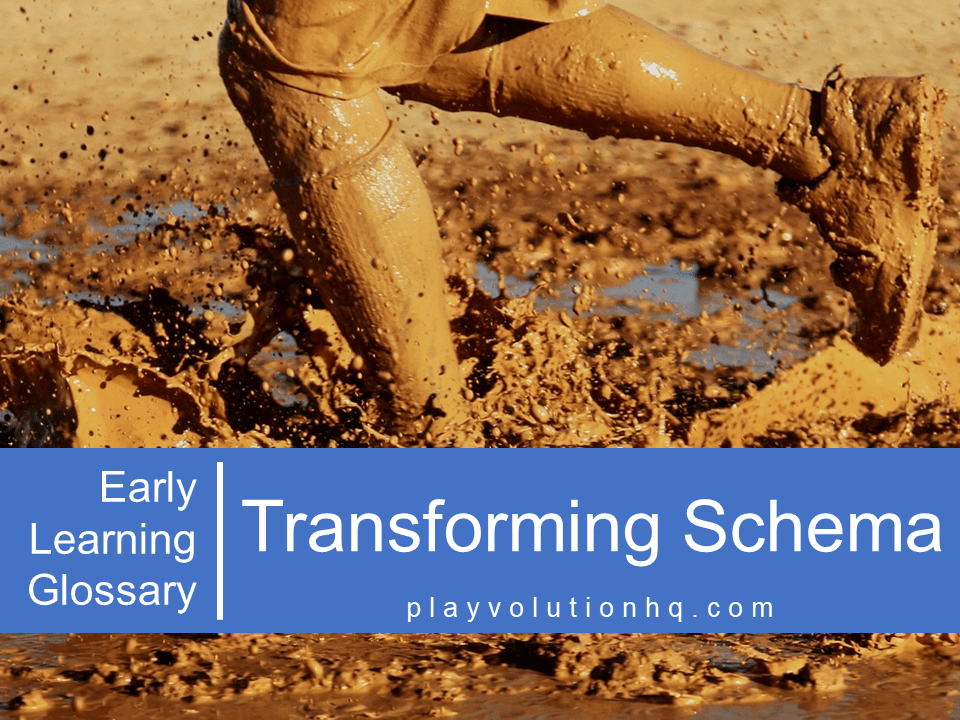
About Transforming Schema
Transforming schema play involves changing the physical state or form of objects. Exploring this schema involves changing objects’ physical properties or states, exploring cause-and-effect relationships, and experimenting with the concept of transformation.
This type of play helps children understand and manipulate the world around them. During transforming schema play, children might mix water with sand, cover themselves in mud, combine two colors of play dough, or melt ice cubes.
These activities help kids grasp concepts such as cause-and-effect relationships and basic scientific principles like states of matter and chemical reactions. It encourages curiosity and experimentation, essential for problem-solving skills and critical thinking.
Transforming schema play also supports emotional and social development. As children engage in these activities, they often collaborate with peers, discuss their observations, and share their discoveries. This collaborative process enhances communication skills and promotes teamwork. Additionally, children learn to manage and adapt to changes, building resilience and flexibility.
By providing opportunities for transforming schema play, caregivers and educators can create rich, stimulating environments that nurture a child’s natural inclination to explore and transform the world around them.
After ideas for loose parts that support this schema, we’ll look at more examples of trajectory schema play.
Suggested Loose Parts
Here’s an incomplete list of loose parts that support this play schema:
- Aluminum Foil
- Baking Soda
- Balloons
- Beans
- Berries
- Blocks
- Bottle Caps
- Bubble Wrap
- Bubbles
- Bungee Straps
- Cardboard Sheets
- Chalk
- Charcoal
- Clay
- Contact Paper
- Corks
- Cornstarch
- Cotton Balls
- Crayons
- Dyes
- Egg Cartons
- Erasers
- Fabric
- Fans
- Feathers
- Flour
- Flowers
- Food Coloring
- Garden Hose
- Glitter
- Googly Eyes
- Grass Clippings
- Hammers
- Hand Mixers
- Hats
- Hoes
- Hot Glue Guns
- Ice
- Kaleidoscopes
- Ladles
- Leaves
- LEGOs
- Lentils
- Light
- Looms
- Magnifiers
- Markers
- Measuring Spoons
- Microscope
- Mirrors
- Mud
- Nails
- Nuts
- Overhead Projectors
- Paint
- Paint Brushes
- Paperclips
- Pasta
- Pens
- Pine Cones
- Pipe Cleaners
- Plastic Hair Curlers
- Play Dough
- Pool Noodles
- Popcorn Kernels
- Popsicle Sticks
- Potato Mashers
- Pottery Wheels
- Puzzle Pieces
- Rain
- Rakes
- Ribbon
- Rotary Cutters
- Rubber Bands
- Sand
- Scissors
- Scoops
- Sequins
- Shaving Foam
- Shells
- Shovels
- Shredded Paper
- Sifters
- Soap
- Spray Bottles
- Staplers
- Straw Bales
- String
- Tape
- Tea Strainers
- Tongs
- Trays
- Tweezers
- Vinegar
- Water
- Wheelbarrows
- Wire
- Wrapping Paper
- Yarn
- Zip Ties
Have an idea I should add to the list? Share it in the comments or contact me.
Examples
Some examples of this play schema in action:
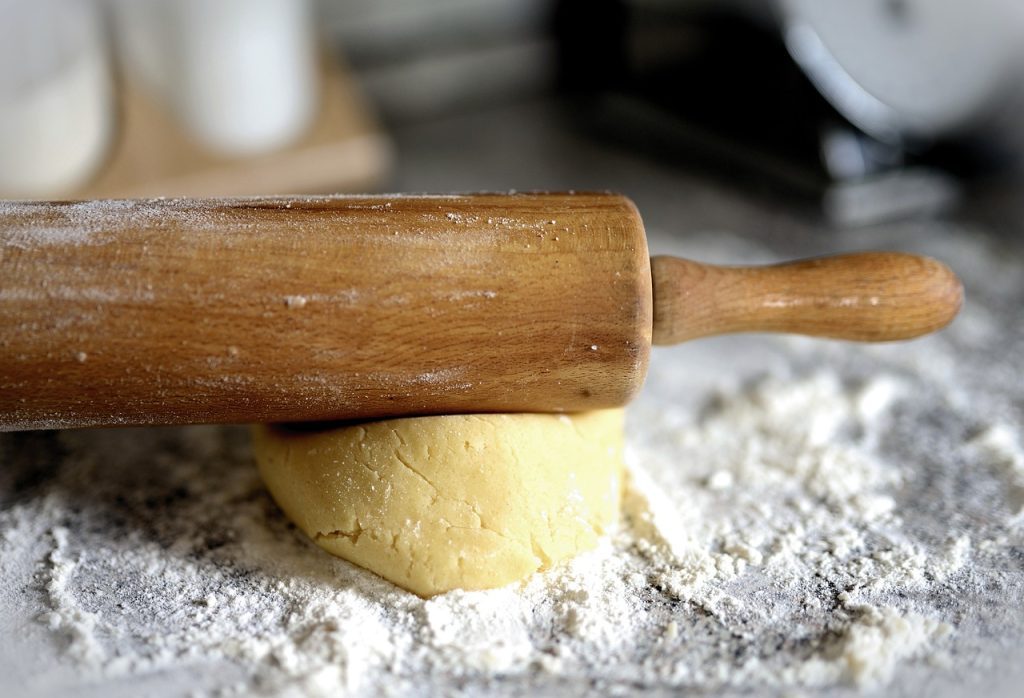
Turning a collection of individual ingredients into delicious cookies is an example of transforming a schema play.
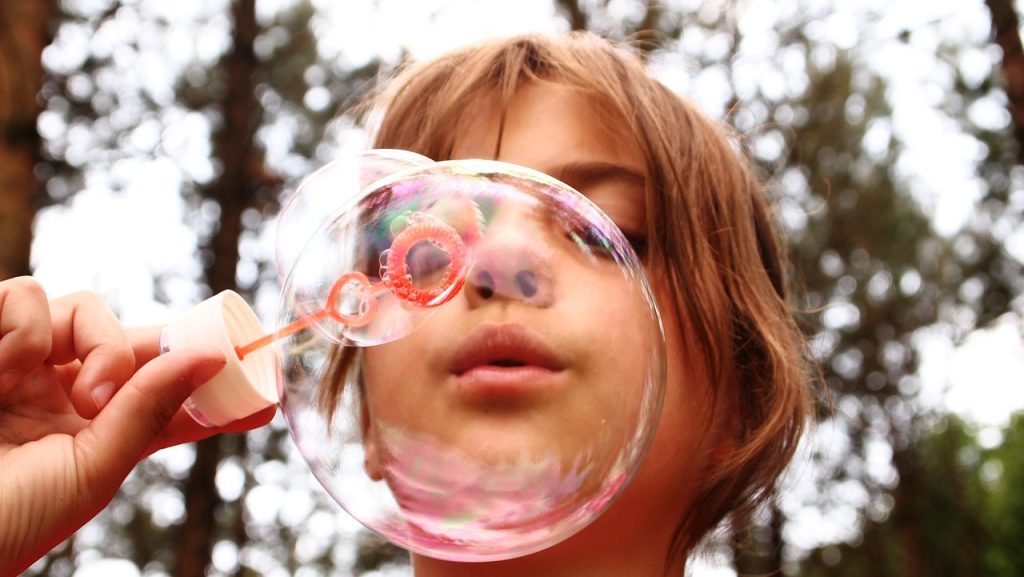
So is the act of turning a bit of soapy water and a gentle exhalation into a bubble.
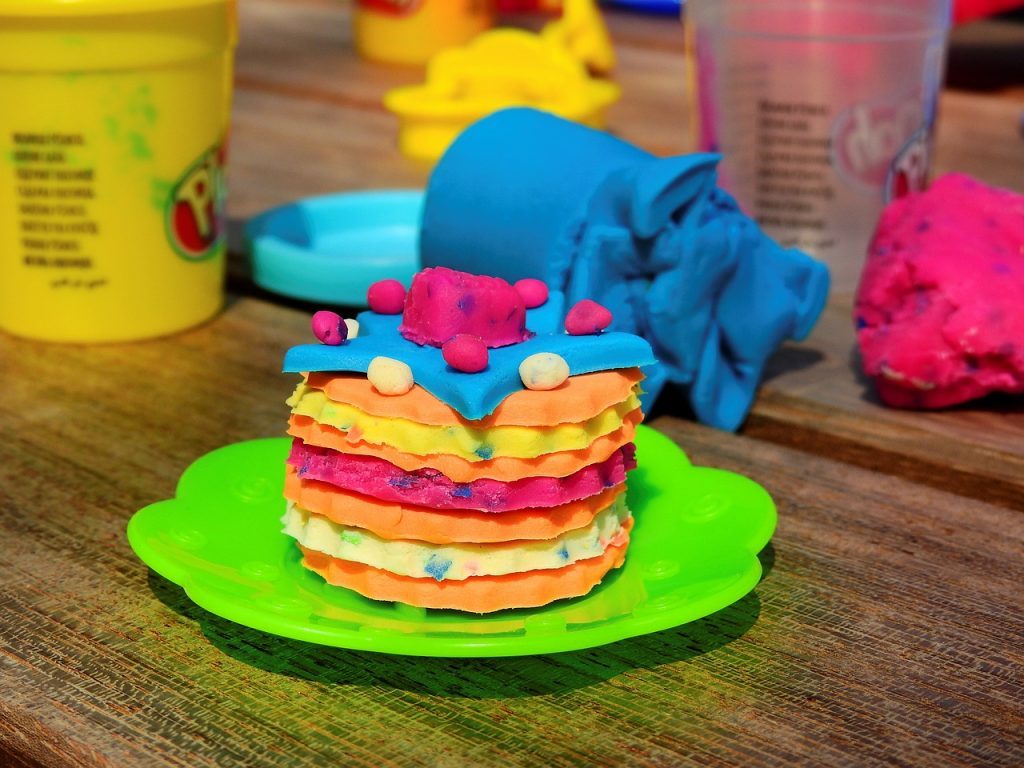
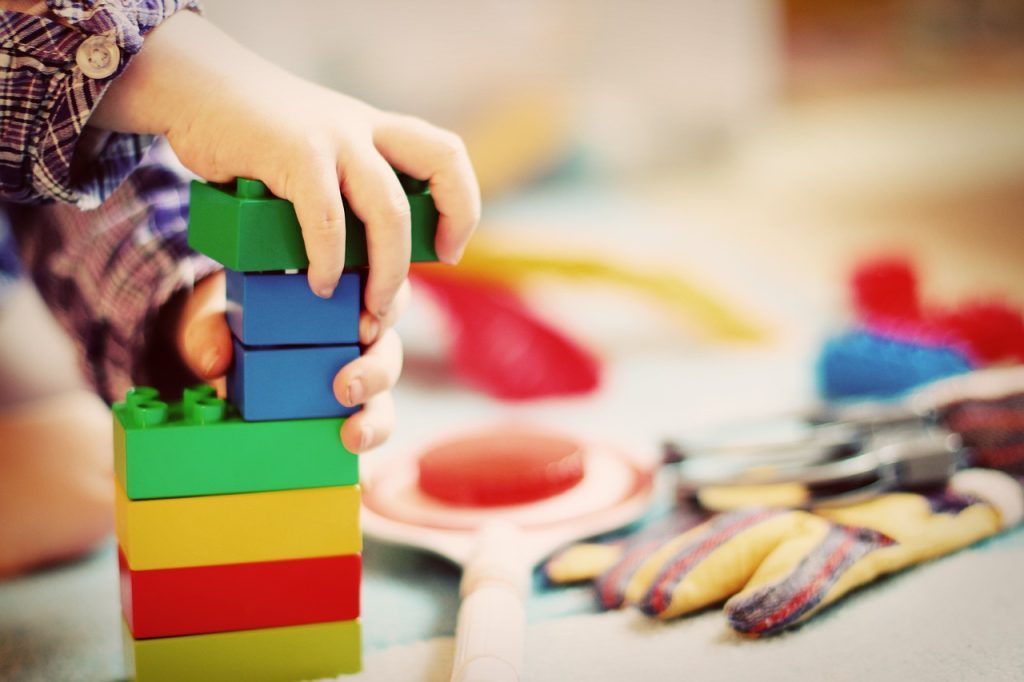
Items like Play-Doh and blocks are popular with children interested in transforming schema play.

Sand, water, dirt, and other natural loose parts are ideal materials for supporting transforming scheme play.
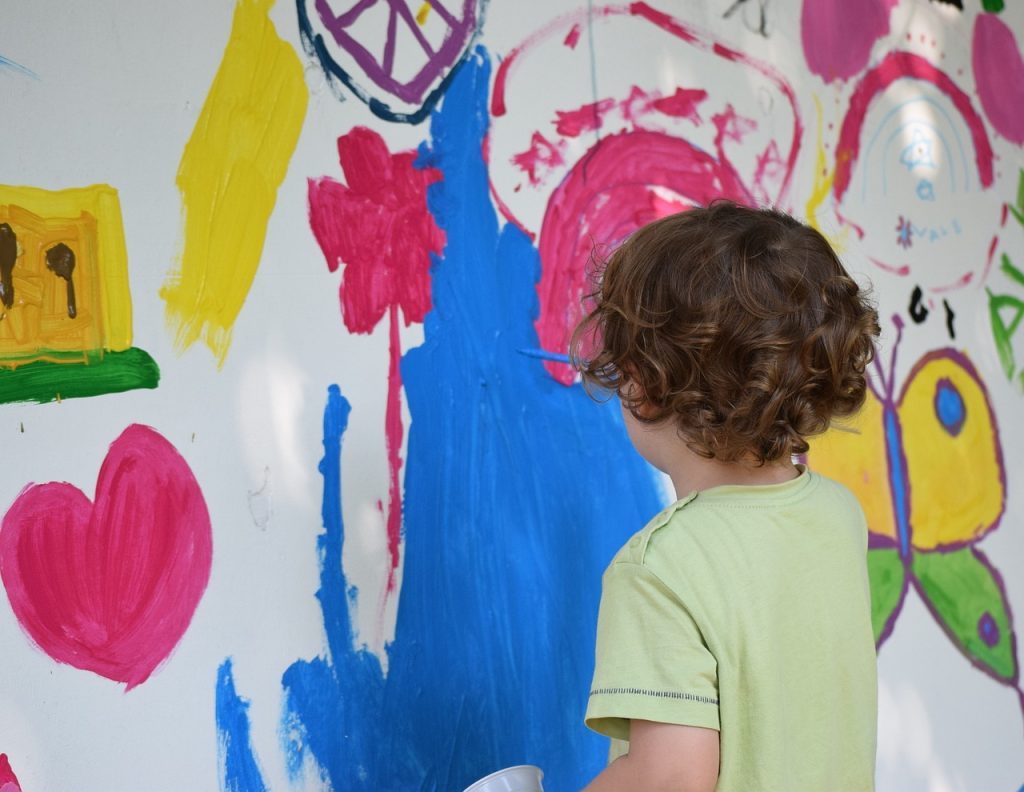
Process-focused art, woodworking, and tinkering areas also support transforming schema play.

Of course, children also enjoy transforming themselves into superheroes, monsters, royalty, and adults during dramatic play.

Tidy children and frozen treats transform into sticky messes.
Contribute content to Playvolution HQ
Brought to you by Explorations Early Learning
Thoughts On This Entry?
I’d love to hear your thoughts on improving this entry and suggestions for additional glossary additions in the comments below. You can also contact me with comments or concerns.
Browse Trainings
Post Author
Jeff Johnson is an early learning trainer, podcaster, and author who founded Explorations Early Learning, Playvolution HQ, and Play Haven.


Leave a Reply